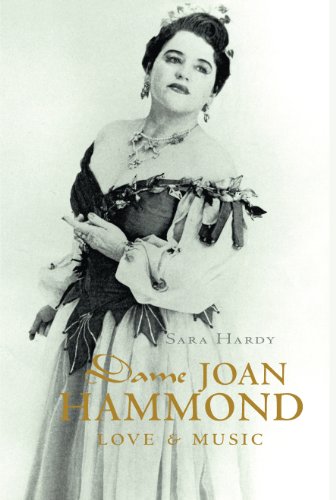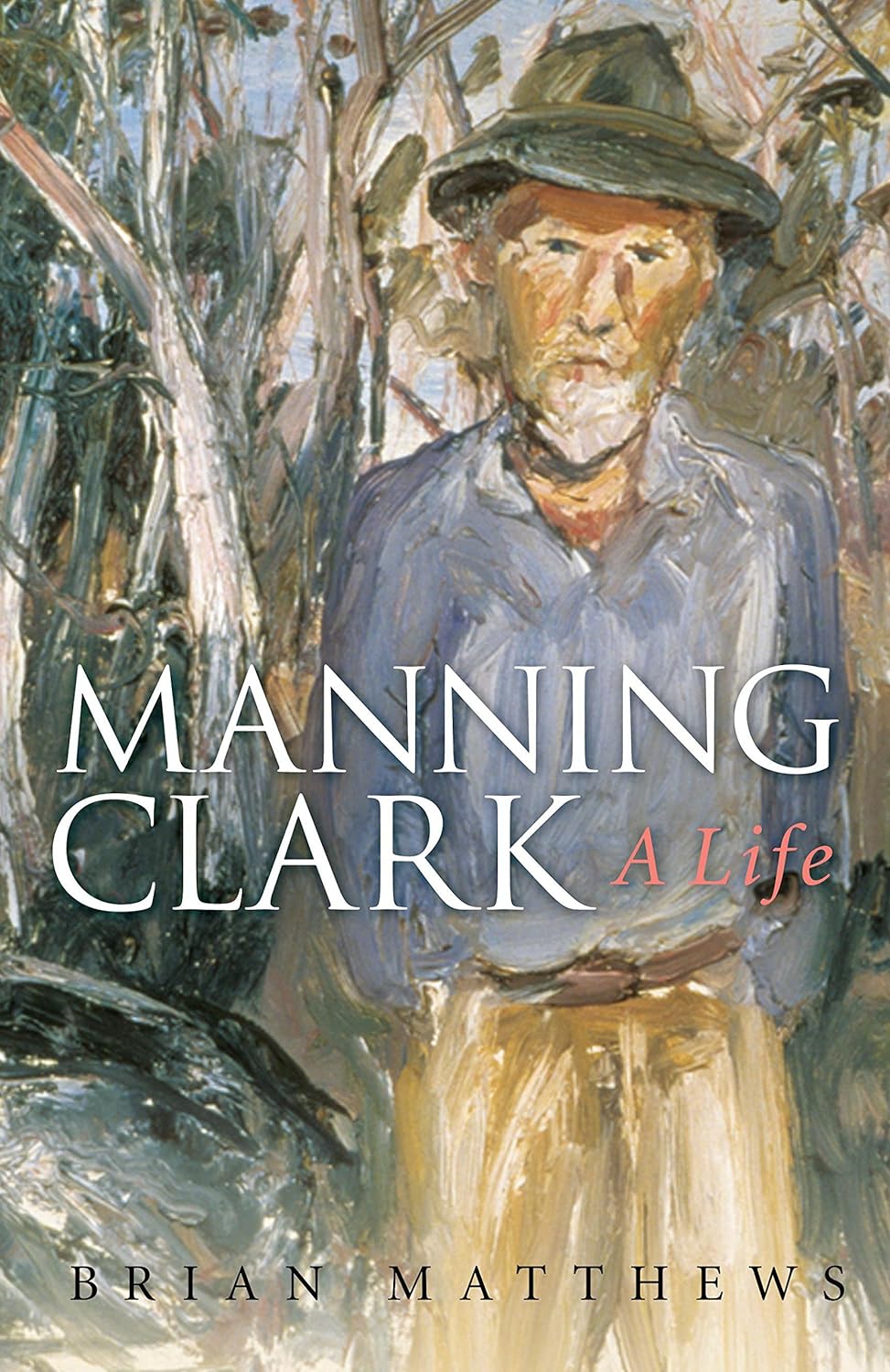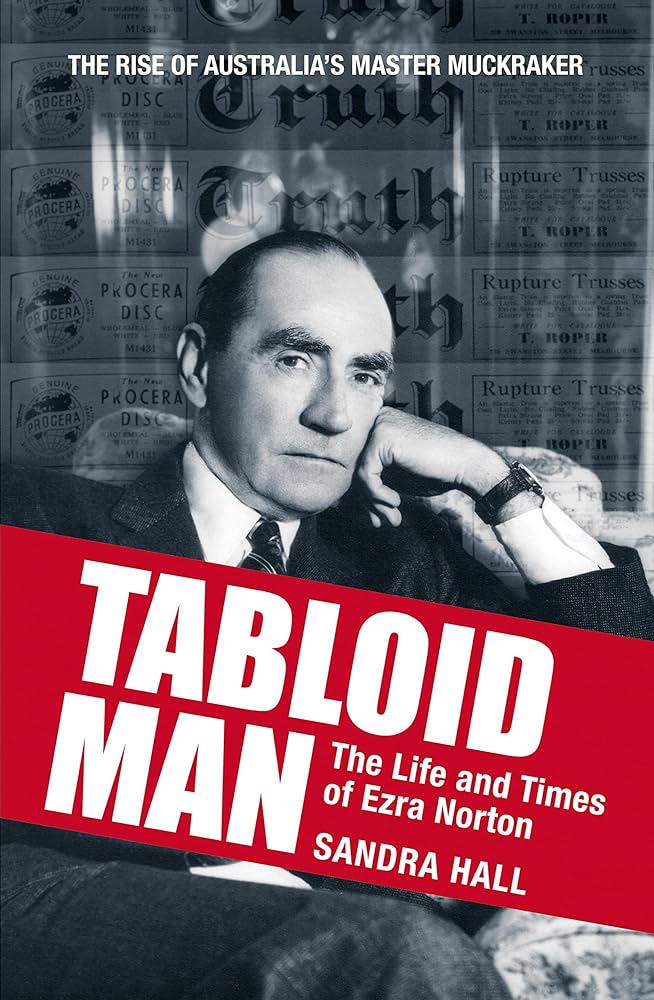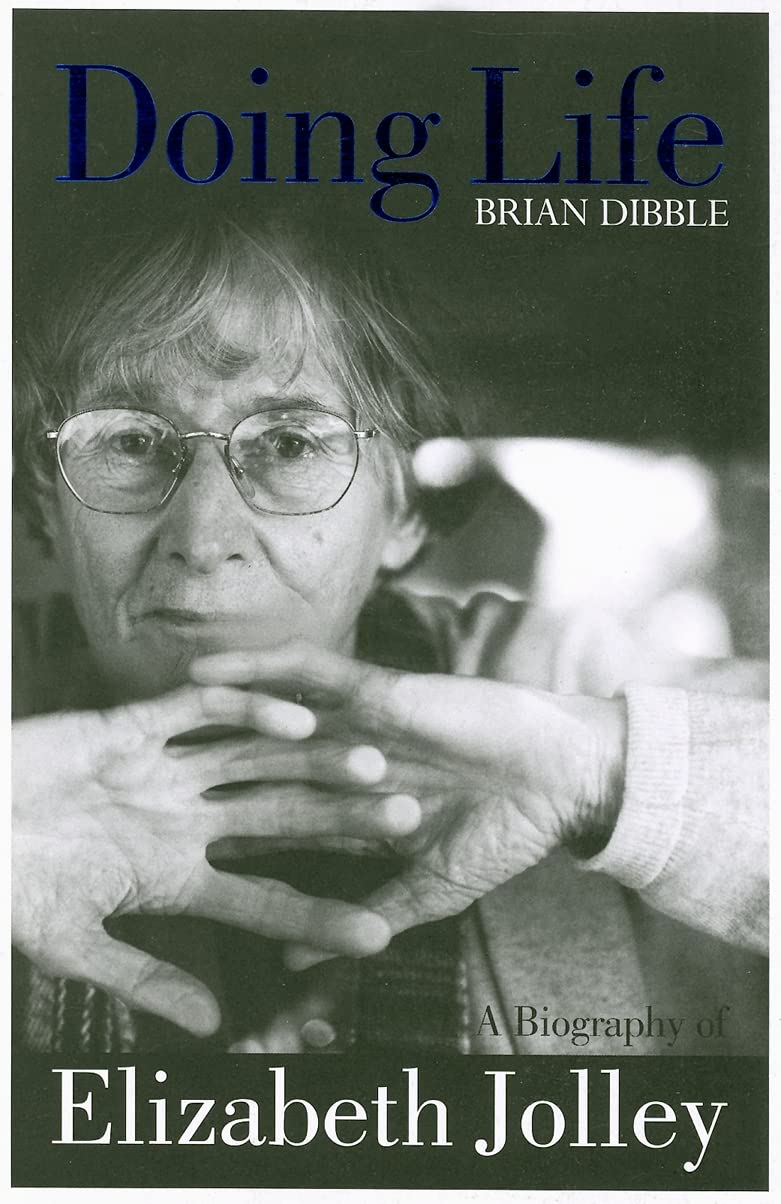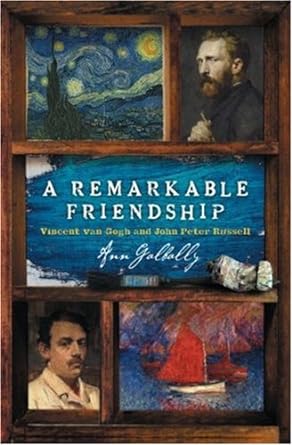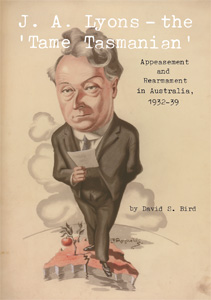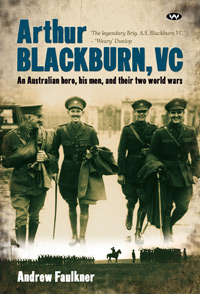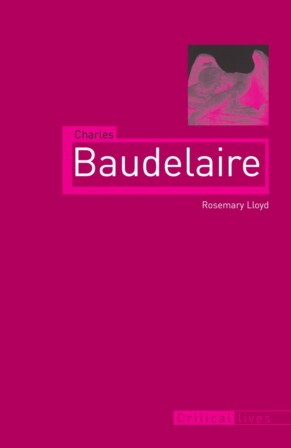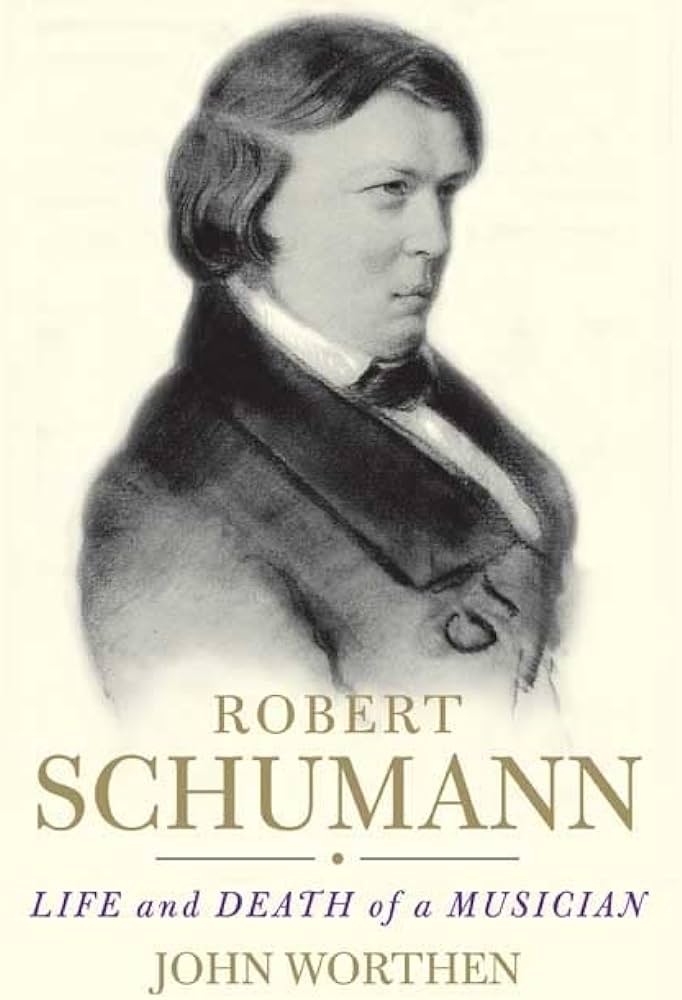Biography
My mother, a fine mezzo soprano, had three all-time favourite singers: Kathleen Ferrier, Maria Callas and our own Joan Hammond. When I was a child, my parents took me to see the famous diva perform Tosca in Melbourne – standing room only at the back of the circle. I remember red velvet, a thrilling voice, my own tired legs and a sense that I was in the presence of greatness. Sara Hardy’s biography of Joan Hammond (1912–96) is a timely publication. The number of people who remember the Australian soprano is dwindling, her fame eclipsed by another Dame Joan (who once, early in her career at Covent Garden, understudied Hammond in Aida).
... (read more)This life begins with a ritual its subject practised through the 1960s and 1970s. Manning Clark would visit St Christopher’s Cathedral, Canberra, kneel before its shrine of the Virgin, ask assistance in fighting his need for alcohol, and beg forgiveness and peace. While Clark’s funeral was a requiem mass at St Christopher’s, and a preoccupation with the Catholic faith became increasingly evident in his later years, this is not a beginning that those who read his history or became familiar with his public appearances would expect.
In relating these regular visits to the shrine, Brian Matthews signals the themes that run through this life of Clark. There is his susceptibility to alcohol and the way that it exacerbated his erratic behaviour. There is the fraught character of his most intimate relationships, and his persistent torment of anguish and guilt. There is his intellectual ambition, his need for reassurance and vulnerability to criticism. And there is his constant search for faith.
... (read more)Tabloid Man: The life and times of Ezra Norton by Sandra Hall
Phillip Knightley, Murray Sayle and other authors of the Daily Mirror’s historical feature used to relish their days sitting in the Sydney ‘public library’ researching and writing pieces on rape, pillage, sexual betrayal and murder most foul. Decades later, in the early 1990s, I began spending days sitting in what had become the State Library of New South Wales wading through yellowing copies of Sydney’s tabloid press. On one such day in the late 1990s, I stumbled across a card in a catalogue for an index to the Daily Mirror’s muckraking stablemate, Truth. The discovery or creation of a new newspaper index is always a thrill for media historians. I immediately submitted a call slip for the index, and up came a hefty ledger of alphabetical references to Truth for the late 1920s. Lodging more call slips, I ended up surrounded by ledgers ranging from 1925 to 1947. They were all handwritten, and presumably laboriously compiled by a librarian at Ezra Norton’s company, Truth & Sportsman Ltd. Who knows what went through the librarian’s mind as he or she indexed stories of divorce, rape, incest, prostitution, white slavery and cocaine rackets covered by one of Australia’s most notorious newspapers.
... (read more)Yet another book on Wagner. Given the title, you might expect it to be an investigation of Wagner’s complex relationship with Nietzsche or, failing that, a study which, like Nietzsche’s Beyond Good and Evil (1886), attempts to push the examination of a given subject beyond the limits to which it hitherto has been confined. The blurb on the dust jacket appears to suggest the latter: ‘Deathridge engages the debates that have raged about him [Wagner] and moves beyond them, towards a fresh and engaging assessment of what Wagner ultimately achieved.’ Well, yes and no.
... (read more)In the opening pages of an early manuscript, ‘A Feast of Life’, Elizabeth Jolley ponders the question of whether a novel should have a message. She has no answer, but will write out of her ‘experiences and feelings’. If her writing does help anyone, then ‘let a message be found’, so that she might ‘feel that I am at least doing something in a wider sphere than the domestic routine within the walls of the little house’. Jolley goes on to describe her method: ‘I shall start in the early years of my life and try to make things take some sort of order but order is not a strong point with me and I shall write with all my heart so that there will be the noise of my children in these pages …’
... (read more)A Remarkable Friendship: Vincent Van Gogh and John Peter Russell by Ann Galbally
In 1880, John Peter Russell left Sydney to seek an artistic education and, like many painters of the time, ended up in Paris. Vincent van Gogh also migrated to the city’s ateliers, and in 1886 they met. The friendship that developed between the twenty-eight-year-old Australian and the thirty-three-year-old Dutchman continued until the latter’s death four years later. Russell painted a penetrating portrait of Van Gogh that captures both the intensity and untrusting nature of his mentally vulnerable subject. The two men exchanged letters, and Van Gogh sent Russell sketches and photographs.
... (read more)J.A. Lyons – The ‘Tame Tasmanian’ by David S. Bird & Enid Lyons by Anne Henderson
Literature is full of unexpected coincidences. After a long silence, two books appear within a matter of months that present both a detailed, personal and a deeply investigative account of those unique political partners, Joseph and Enid Lyons.
... (read more)Arthur Blackburn, VC: An Australian hero, his men and their two world wars by Andrew Faulkner
In the days of the Great Anzac Revival, it is unusual to find an Australian VC who has not been the subject of a biography. Here we have one of the most famous of them all – Arthur Blackburn (1892–1960). I was surprised to find that this is the first biography of him.
... (read more)Charles Baudelaire (1821–67) occupies a pivotal position in the development of modern writing, not just as the poet of Les Fleurs du mal (The Flowers of Evil, 1857) but as the proponent, in his critical writings, of a modern aesthetic based on the experience of city life. More than any other French poet of his time, he marks the transition from the Romantic to a proto-modernist poetic style and stance. T.S. Eliot recognised the nature of this achievement when he said that for him the significance of Les Fleurs du mal was summed up in the first lines of ‘Les sept vieillards’ (‘The Seven Old Men’), in Baudelaire’s vision of the ‘teeming city, city full of dreams, / where ghosts in broad daylight accost the passer-by’. ‘I knew what that meant,’ Eliot said, ‘because I had lived it before I knew that I wanted to turn it into verse on my own account.’
... (read more)Robert Schumann: Life and death of a musician by John Worthen
Does it matter whether Robert Schumann suffered a slow, passive and continuous decline towards the madness of his last two years or, as John Worthen strongly affirms, a sudden descent into psychosis after a creative lifetime marked by personal resilience and determination? Many people would argue that it is particularly important in music not to let biography get in the way of hearing what the composer has created in sound, if for no other reason than that it could hinder music’s special freedom to mean quite different things to different listeners.
... (read more)

